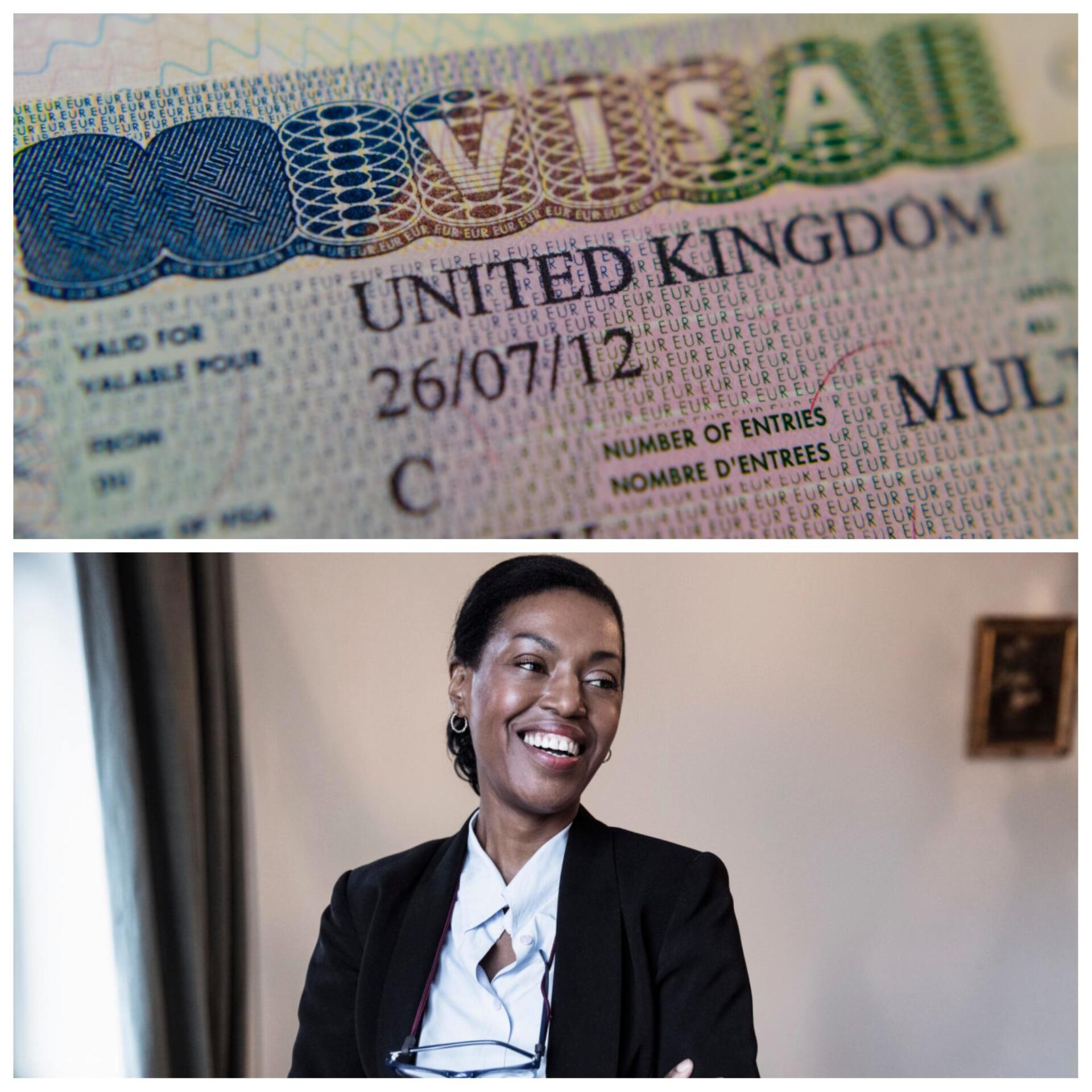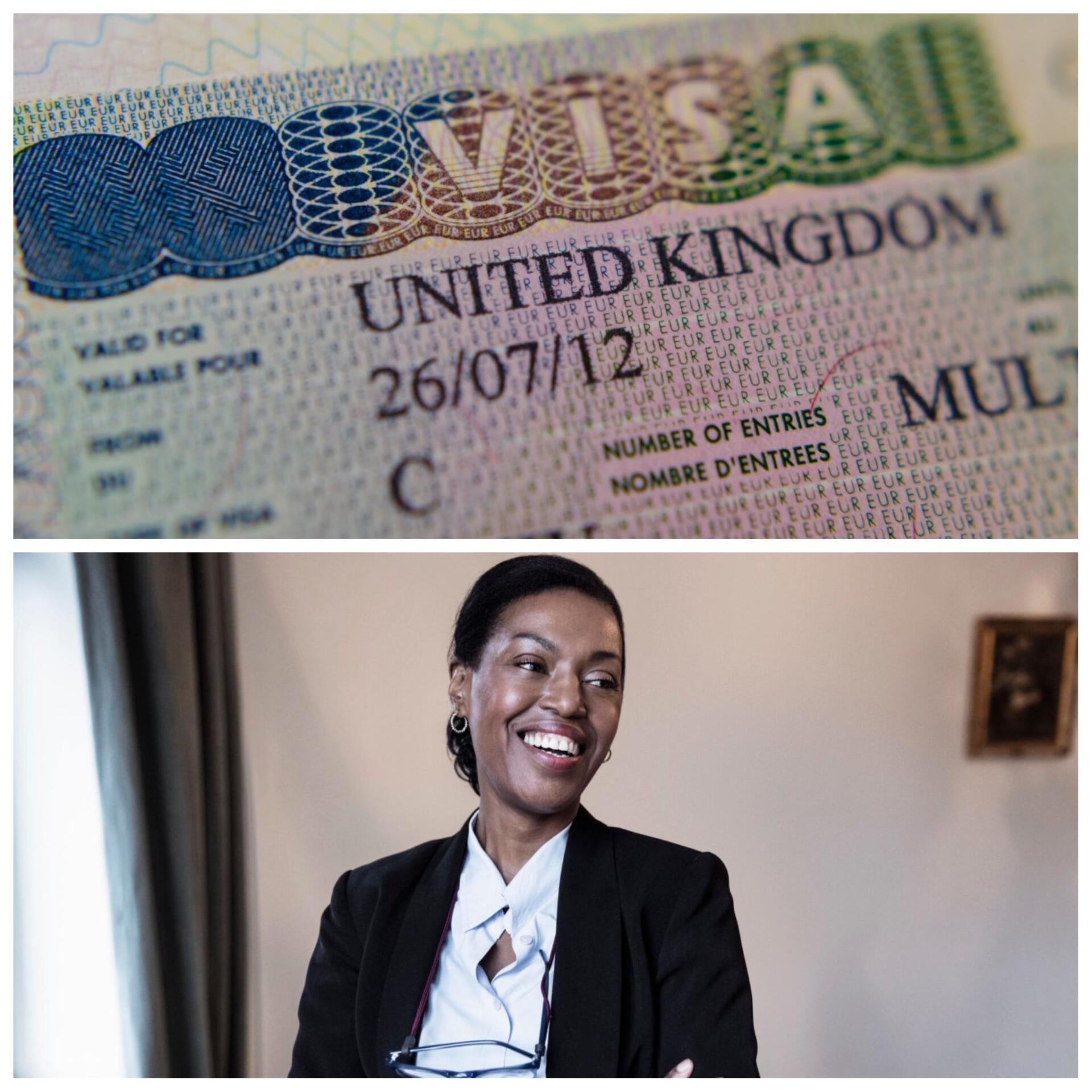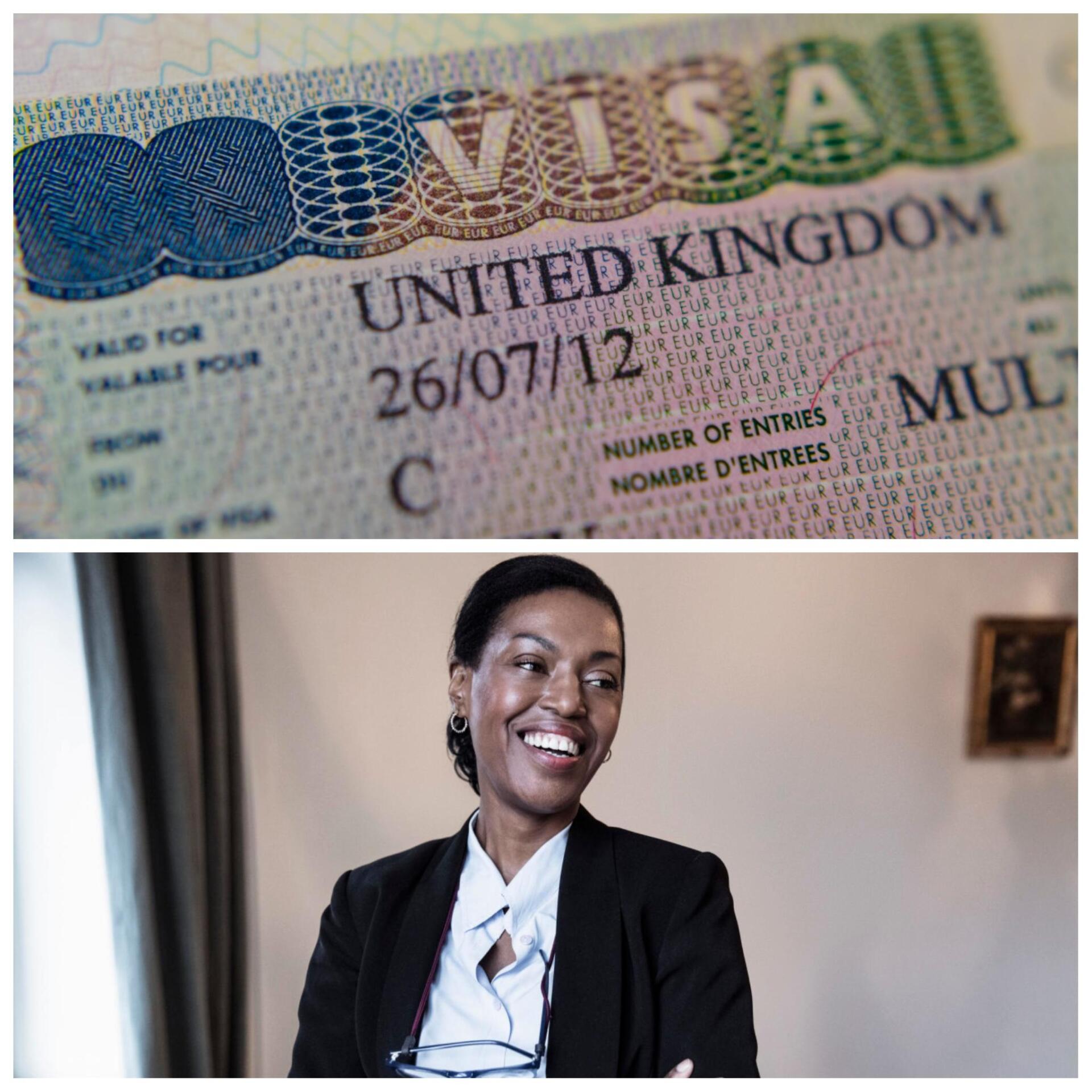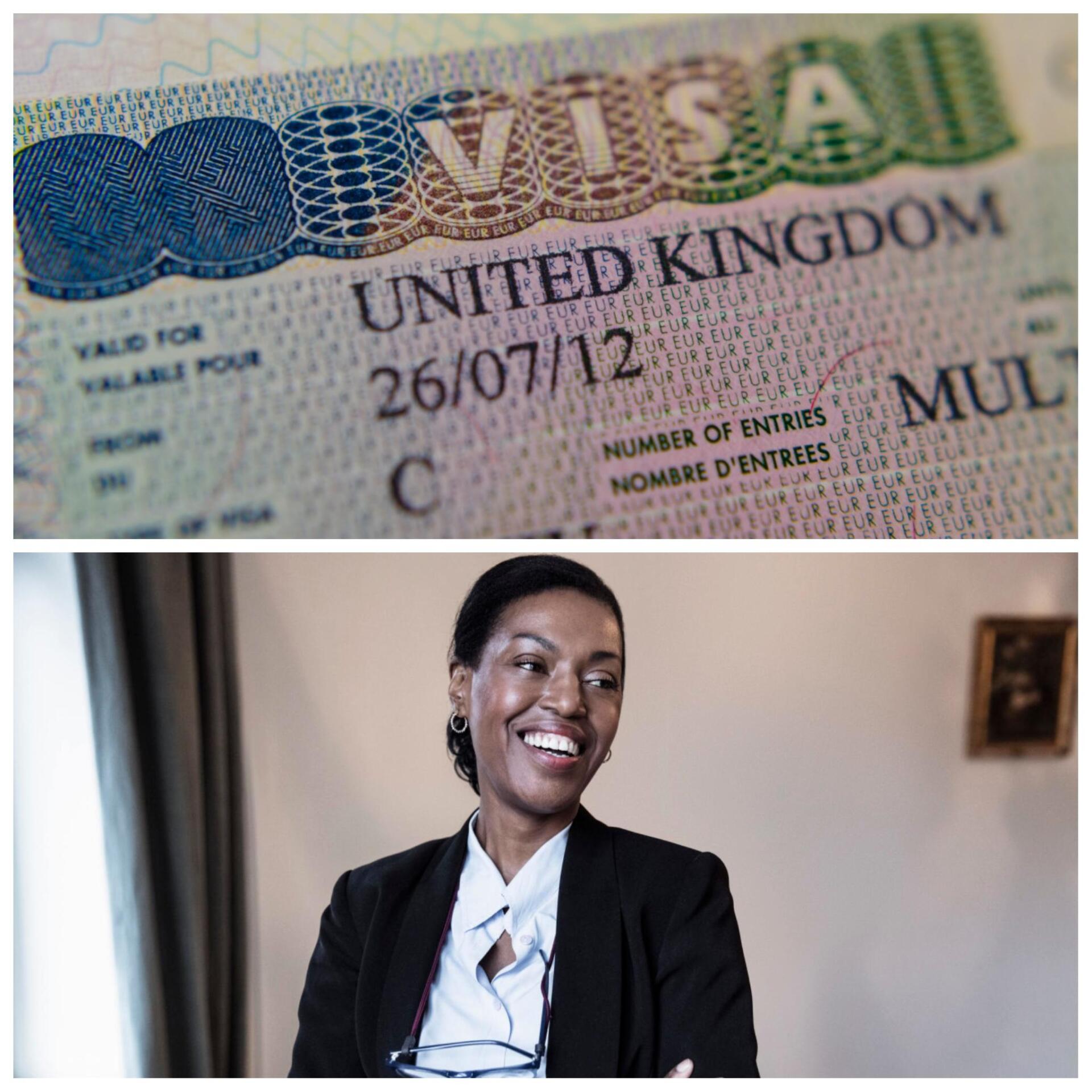The Ultimate Guide to Dependent Visa Requirements in the UK
Are you aware of the dependent visa requirements that you need to meet?
Are you planning to move to the United Kingdom with your family? Are you aware of the dependent visa requirements that you need to meet? Moving to a new country can be an exciting yet overwhelming experience, especially when it comes to visas and immigration. I have created the ultimate guide to dependent visa requirements in the UK to help you navigate the process smoothly. In this comprehensive guide, you will find all the information you need to know about dependent visa requirements, including eligibility criteria, document requirements, and application procedures. Whether you are a spouse, child, or parent of a UK resident or a visa holder, this guide will provide you with all the necessary information to ensure a successful visa application. So, let's dive in and explore the ultimate guide to dependent visa requirements in the UK!
Types of Dependent Visas and Eligibility Requirements
The UK government offers different types of dependent visas based on the relationship of the dependent to the UK resident or visa holder. The most common types of dependent visas are the spouse or civil partner visa, unmarried partner visa, child visa, and parent visa.
To be eligible for a dependent visa, you must be related to a UK resident or visa holder as a spouse, civil partner, unmarried partner, child, or parent. You must also meet the financial requirements, provide proof of relationship and accommodation, and meet the English language proficiency requirements.
For the spouse or civil partner visa, you must be married or in a civil partnership with a UK resident or visa holder. You must also prove that your relationship is genuine and subsisting. For the unmarried partner visa, you must have been living together with a UK resident or visa holder for at least 2 years. You must also prove that you have been in a committed relationship akin to marriage.
For the child visa, the child must be under 18 years old and not be living an independent life. The child must also not be married or in a civil partnership. For the parent visa, the parent must be over 18 years old and be dependent on their UK-resident child due to age, illness, or disability.
Financial Requirements for Dependent Visas
To be eligible for a dependent visa, you must meet the financial requirements set by the UK government. For the spouse or civil partner visa, the UK resident or visa holder must have a gross annual income of at least £18,600. If the dependent has a child, the income requirement increases by £3,800 for the first child and £2,400 for each additional child.
For the unmarried partner visa, the financial requirement is the same as the spouse or civil partner visa. For the child visa, the financial requirement depends on the number of children and the income of the UK resident or visa holder. For the parent visa, the financial requirement is the same as the spouse or civil partner visa.
You can meet the financial requirement by showing evidence of income, savings, or pension. You can also supplement your income with the income of your dependent if they are legally allowed to work in the UK.
Proof of Relationship and Accommodation Requirements
To apply for a dependent visa, you must provide proof of your relationship to the UK resident or visa holder. You can provide a marriage certificate, civil partnership certificate, proof of cohabitation, or birth certificate to prove your relationship.
You must also provide proof of accommodation in the UK. This can be a rental agreement, mortgage statement, or letter from the UK resident or visa holder confirming that you will be living with them.
For the child visa, you must provide a birth certificate or adoption certificate to prove your relationship. You must also provide evidence that you will be supported and accommodated without recourse to public funds.
For the parent visa, you must provide evidence that you will be supported and accommodated by your UK-resident child. You must also provide evidence that you will not need to access public funds.
Language Proficiency Requirements
To be eligible for a dependent visa, you must meet the English language proficiency requirements. You can meet the requirement by passing an approved English language test with at least a CEFR level A1 in speaking and listening.
You are exempt from the English language requirement if you are a national of a majority English-speaking country or if you have obtained a degree from a UK university.
Application Process for Dependent Visas
To apply for a dependent visa, you must complete an online application form on the UK government's website. You must provide biometric information, pay the application fee, and provide supporting documents.
The supporting documents include your passport, proof of relationship, proof of accommodation, evidence of financial support, and proof of English language proficiency. You may also be required to provide a tuberculosis test result if you are applying from a country where the test is mandatory.
Common Mistakes to Avoid During the Application Process
The application process for a dependent visa can be complicated and time-consuming. To avoid delays or rejection of your visa application, you should avoid the following common mistakes:
- Failing to provide all the necessary supporting documents
- Providing false or incomplete information
- Failing to meet the financial requirements
- Failing to meet the English language proficiency requirements
- Failing to disclose any previous immigration history
- Failing to disclose any criminal convictions or civil judgments
Processing Times and Fees for Dependent Visas
The processing time for a dependent visa application varies depending on the type of visa and the country you are applying from. You can check the processing times on the UK government's website.
The fees for dependent visas also vary depending on the type of visa and the country you are applying from. You can check the fees on the UK government's website.
Extending or Switching Dependent Visas
If you are already in the UK on a dependent visa and you want to extend your stay or switch to a different visa category, you must apply before your current visa expires.
To extend your stay, you must meet the eligibility requirements for the visa category you are applying for. You must also provide evidence that you can continue to be supported and accommodated by your UK-resident family member.
To switch to a different visa category, you must meet the eligibility requirements for the new visa category. You must also provide evidence that you can continue to be supported and accommodated by your UK-resident family member.
Frequently Asked Questions about Dependent Visas
Q: Can I work in the UK on a dependent visa?
A: Yes, you can work in the UK on a dependent visa if you meet the eligibility requirements.
Q: Can I apply for permanent residency on a dependent visa?
A: Yes, you can apply for permanent residency on a dependent visa if you meet the eligibility requirements.
Q: Can I travel outside the UK on a dependent visa?
A: Yes, you can travel outside the UK on a dependent visa. However, you must ensure that you have the necessary travel documents and that you do not exceed the maximum time limit for your visa.
Conclusion
Moving to the United Kingdom with your family can be an exciting but daunting experience. However, with the right information and guidance, you can navigate the visa application process smoothly. In this ultimate guide to dependent visa requirements in the UK, we have covered everything you need to know about the types of dependent visas, eligibility requirements, financial requirements, proof of relationship and accommodation requirements, language proficiency requirements, application process, common mistakes to avoid, processing times and fees, extending or switching dependent visas, and frequently asked questions. We hope that this guide has provided you with the information and confidence you need to successfully apply for a dependent visa and start your new life in the UK with your family.







